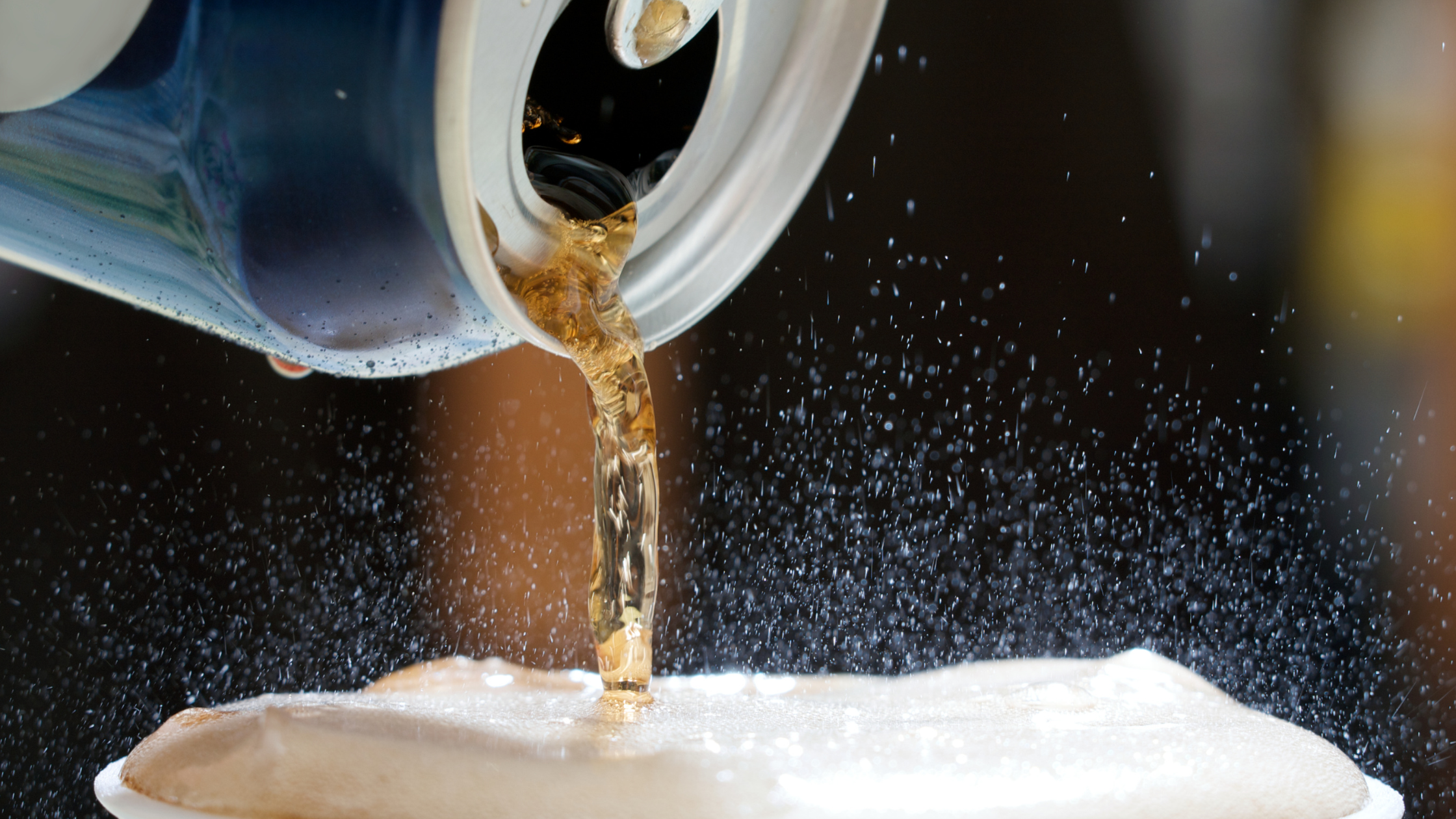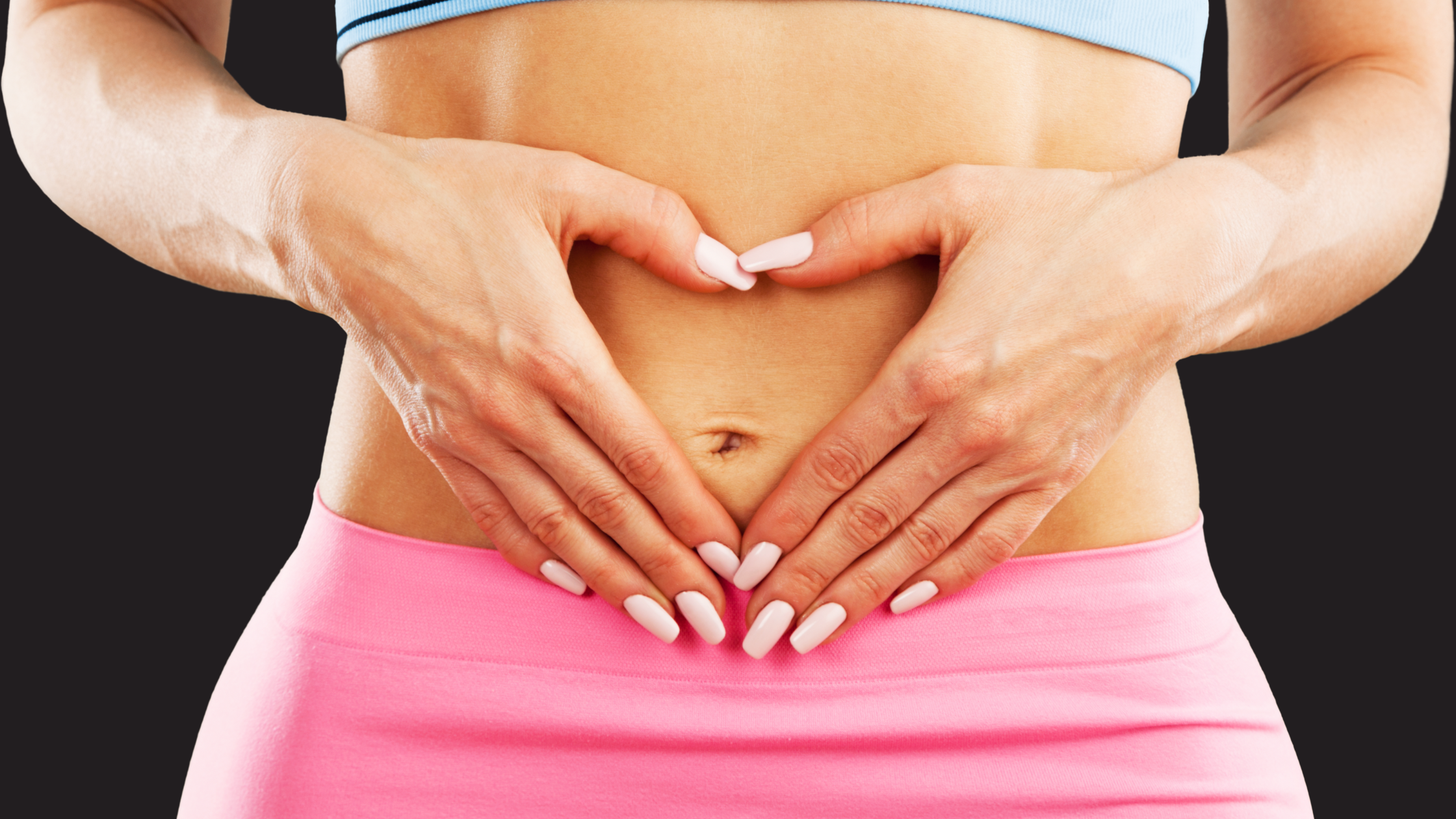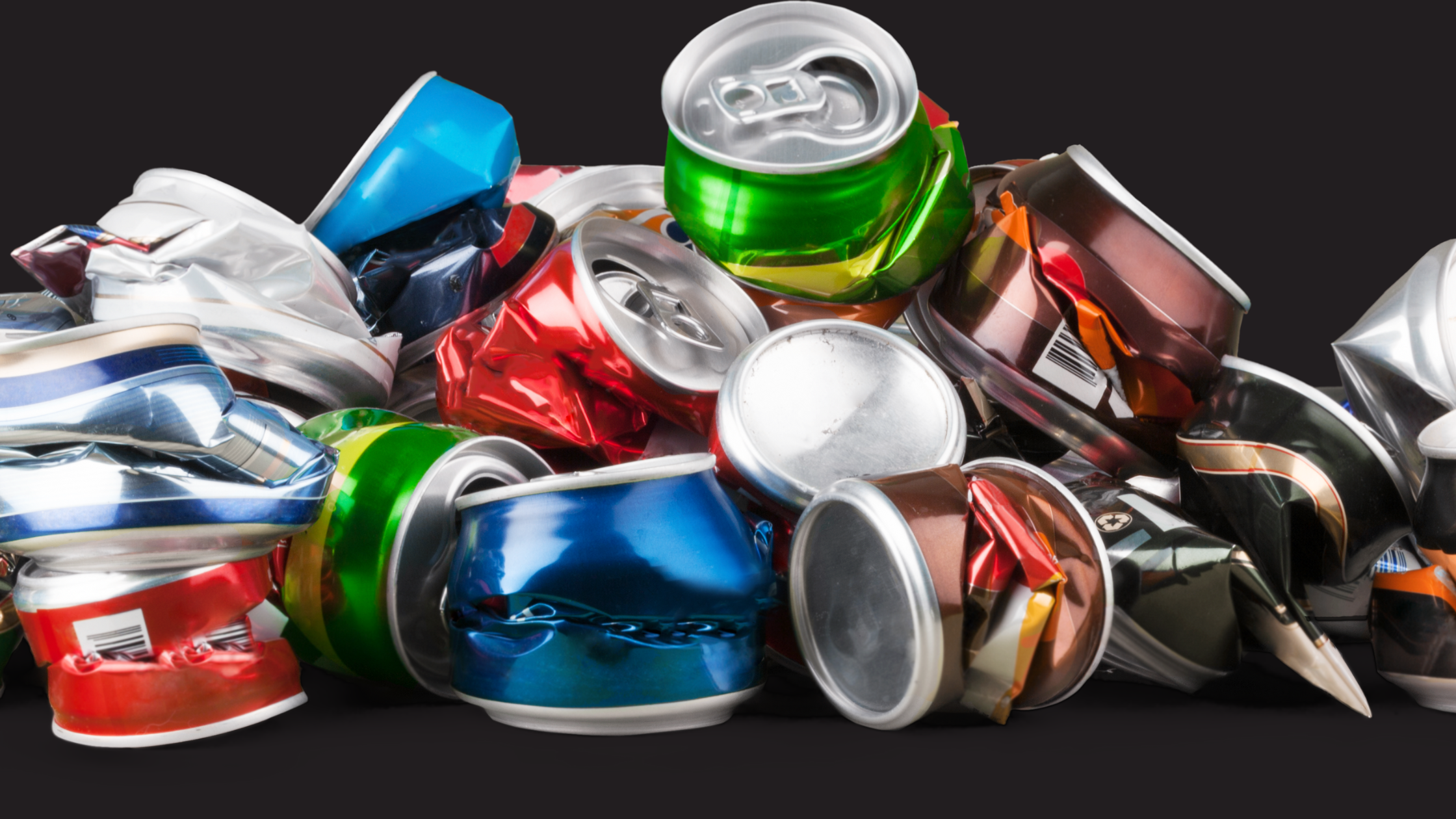The Skinny on Diet Soda: Is It Unhealthy?
Written by TYE Medical on Sep 8th 2023
We love diet soda: it’s the best of both worlds. You get the fizz and flavor of your favorite soda without the calories. And who wants to risk diabetes? Let’s face it, a can of two of regular soda per day is sure to pack on the pounds and set you up for a diabetes diagnosis if you’re predisposed to the condition.
But not so fast–you’ve probably heard the mounting claims against the zero-calorie beverage, suggesting it’s not much better than sugary soda. So what do you believe? Should you reach for the fully-loaded version or stick with what seems safest? Here’s what you need to know to make the best choice for yourself.
What’s In Diet Soda?

Zero-calorie diet soda is a mixture of carbonated water, artificial sweeteners, acids, artificial colors and flavors, and other food additives. Along with no calories, it also has virtually no nutritional value, including no fat or protein. But it does contain a bit of sodium, about 40 mg. Some diet sodas also contain caffeine.
Acids like citric, phosphoric, and malic add tartness to the beverages, but the tradeoff is that it also contributes to tooth decay.
Does Diet Soda Help You Lose Weight?

Yes. No. And maybe. Studies linking diet soda to weight loss are conflicting. In other words, the answers depend on more than just switching beverages.
Some studies suggest a link between the artificial sweeteners in diet soda to an increased risk in obesity when consumed in high amounts. Similarly, other studies indicate that diet sodas can increase your appetite and trigger hunger hormones and other reactions that make you crave sweet things. And when you give into temptingly sweet, calories-laden foods, your body weight increases. However, there is no consistent evidence of this in human studies.
An alternative theory indicates that the link between diet soda and weight gain is purely circumstantial. It’s possible that people who already have poor dietary habits are drinking more diet soda in an attempt to compensate for the calories they consume in food. It’s the bad dietary habits of diet soda drinkers and not the diet soda itself.
The above studies are largely observational. Experimental studies have not been able to verify claims that diet soda leads to weight gain. In fact, these studies suggest the opposite is true, that diet soda aids in weight loss.
And to complicate the issues, evidence exists to suggest that studies favorable toward diet sodas include bias, as they are funded by the artificial sweetener industry.
Does Diet Soda Cause Serious Health Problems Like Cancer?

You may have heard about a number of possible negative health effects associated with drinking diet soda. Here is how the evidence shakes out:
Diet Soda Not Likely to Cause Cancer
A vast majority of the research on diet soda and artificial sweeteners show no evidence of a cancer link. Weak studies suggest a slight increase in lymphoma and multiple myeloma in men, but that is the extent of the evidence.
Link to Diabetes and High Blood Pressure Is Uncertain
More experimental research is needed to put these questions to rest. Observational studies link diet soda consumption to both type 2 diabetes and high blood pressure. But there isn’t much research on the cause for this. It’s possible that preexisting risk factors such as obesity play a big role.
Some Possibility Diet Soda Could Promote Kidney Disease
Again, the research is observational only rather than experimental. But these observational studies indicate a correlation between drinking diet soda and developing kidney disease. If this is true, it’s probably due to the increased acids your kidneys must process when you regularly drink diet soda. But of course, this would also be true of regular soda which contains acids too.
What About Diet Soda and Other Possible Health Problems?

Acid Reflux
Current research suggests that carbonated beverages don’t worsen acid reflux or heartburn. But more experimental studies are needed to verify the observational studies.
Gut Health
It’s possible that the artificial sweeteners in diet soda can negatively alter gut flora or “good bacteria” in your small intestines. This can decrease blood sugar control and increase your risk for developing type 2 diabetes. But there isn’t much research on this topic. According to one study, all six artificial sweeteners damaged your gut microbiome in some way. And another study suggested that it’s more about how each individual’s body reacts to the artificial sweeteners.
Osteoporosis
All cola, diet or regular, is linked with decreased bone density in women (but not in men). It’s likely due to the caffeine and phosphorus (phosphoric acid) in cola that can interfere with normal calcium absorption.
Should You Drink Diet Soda?

If you stayed away from diet soda due to cancer fears, you can relax. Instead, consider the inconclusive studies, the lack of experimental evidence, and the potential health risks. Ultimately, you’ll need to decide if drinking your favorite beverage is worth the question marks surrounding its health effects.
In general, it’s probably wise to limit your consumption to an occasional treat rather than a regular part of your diet.


